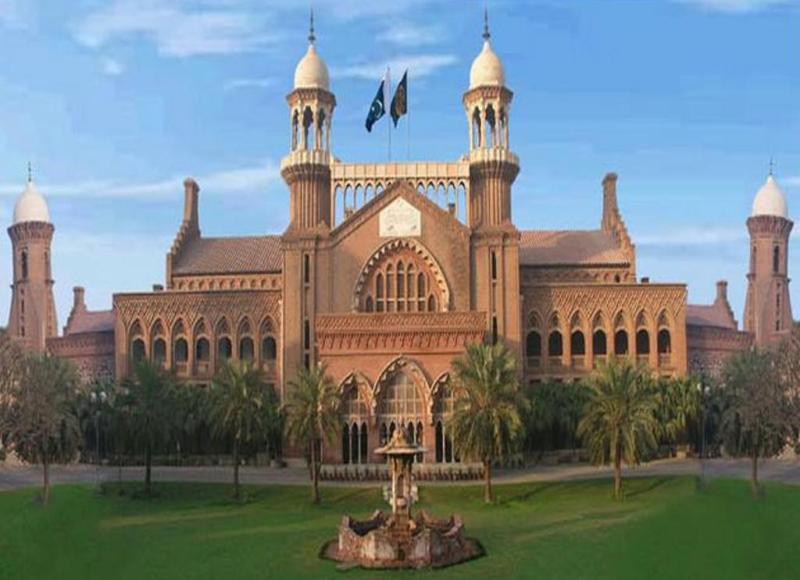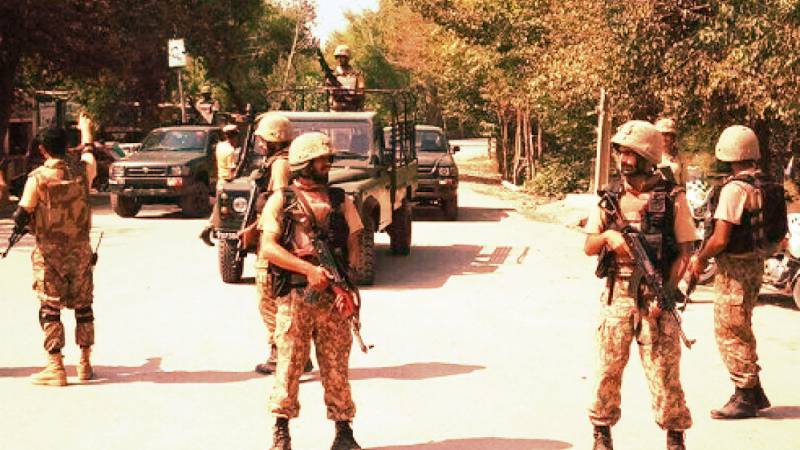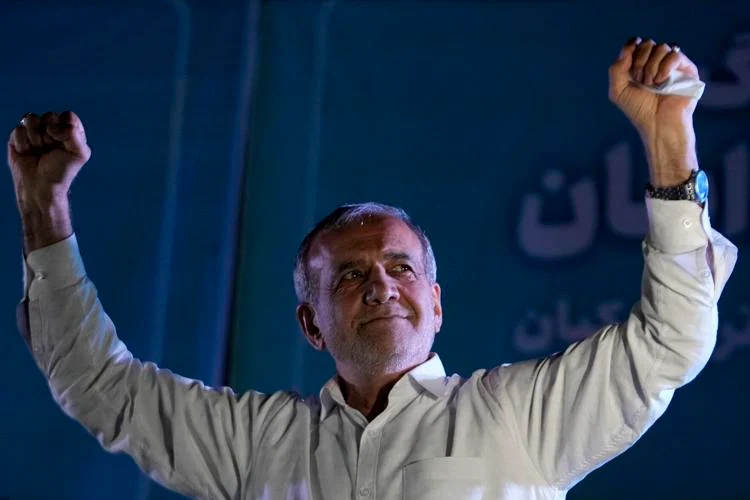PTBP Web Desk
The ongoing legal troubles for Pakistan Tehreek-e-Insaf (PTI) founder Imran Khan have escalated, with the Punjab government revealing that a total of 54 FIRs (First Information Reports) have been registered against him in various districts across the province. Farrukh Lodhi, a lawyer representing the Punjab government, submitted this information in a report presented before the Lahore High Court, providing a detailed breakdown of the cases against the former prime minister.
According to the report, the FIRs are spread across different cities in Punjab, with Lahore being the focal point of the legal actions. A total of 21 FIRs have been filed in Lahore, followed by 19 in Rawalpindi, seven in Sheikhupura, five in Faisalabad, and one in Gujranwala. The charges stem from various incidents, with the majority linked to violent protests that erupted across the country following Imran Khan’s arrest in May 2023.
The news comes after a series of high-profile developments in Imran Khan’s ongoing legal battles. On November 8, 2023, an Anti-Terrorism Court (ATC) in Lahore granted bail to Imran Khan in connection with four cases related to the violent events of May 9, 2023. The court’s decision was made after hearing arguments from both the defense and prosecution teams. Judge Arshad Javed, who took up the case, approved the bail pleas, allowing the PTI leader to secure his release in these particular cases.
During the court proceedings, the Prosecutor General of Punjab, Farhad Ali, presented his arguments. He stated that Imran Khan had allegedly incited his followers to attack important state institutions if he were arrested. This, he argued, played a significant role in the violence that erupted following Khan’s detention. Despite these claims, the court granted bail, acknowledging the arguments put forth by Khan’s legal team.
The violence that unfolded on May 9, 2023, marked a significant turning point in Pakistan’s political landscape. Clashes broke out across the country as PTI supporters took to the streets in protest following the arrest of Imran Khan. These protests, which spanned major cities such as Lahore, Islamabad, Rawalpindi, and various areas in Khyber Pakhtunkhwa and Balochistan, quickly escalated into violent confrontations between demonstrators and law enforcement agencies. In response to the growing unrest, the armed forces were called in to restore order in several regions.
The scale of the violence was unprecedented, with army installations becoming key targets of the protests. Notably, the Corps Commander’s house in Lahore was attacked by PTI supporters, symbolizing the intensity of the protests against the arrest of their party leader. The violence extended to other key locations, including government buildings, law enforcement offices, and critical infrastructure. The situation prompted an immediate government response, with security forces and military personnel deployed in various regions to bring the situation under control.
As the primary accused in the May 9 riots, Imran Khan faces a number of serious charges. His role in allegedly instigating violence, as well as his involvement in encouraging his followers to attack state institutions, has made him the focal point of numerous legal proceedings. The FIRs registered against him in Punjab are part of this broader legal framework, which seeks to hold him accountable for the events that led to widespread destruction and loss of life.
The legal battles surrounding Imran Khan are not just limited to the charges stemming from the May 9 violence. His political struggles have continued to intensify in recent months, with various courts hearing cases related to his actions as PTI chairman. These cases span a wide range of allegations, including corruption, incitement to violence, and violation of state laws. Khan’s legal team continues to mount a defense, arguing that the charges are politically motivated and aimed at undermining his leadership.
Despite the legal challenges, Khan remains a powerful political figure in Pakistan. His party, PTI, continues to play a significant role in the country’s political arena, with loyal supporters rallying behind him. The party’s position in the opposition and the widespread support for its leader have contributed to the political tension that has characterized Pakistan’s landscape in recent years.
The legal system’s handling of these cases is being closely monitored, as it has far-reaching implications for both Imran Khan and the broader political landscape in Pakistan. Many analysts view the outcome of these cases as a reflection of the state’s ability to maintain political neutrality and ensure that legal procedures are followed impartially, regardless of the political stature of those involved.
In the coming weeks and months, the political and legal battles surrounding Imran Khan are expected to intensify. The cases against him, including the 54 FIRs in Punjab, will continue to play a pivotal role in shaping the future of PTI and its founder. As the political crisis deepens, it remains to be seen how the legal system will navigate these complex and contentious issues.
Imran Khan’s legal challenges are just one aspect of a broader political and social crisis in Pakistan, with implications for the country’s governance, democracy, and rule of law. The ongoing legal proceedings will undoubtedly have a profound impact on the future of PTI, Imran Khan, and the political future of Pakistan.




